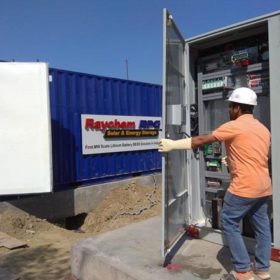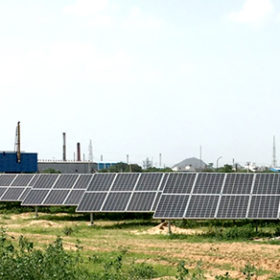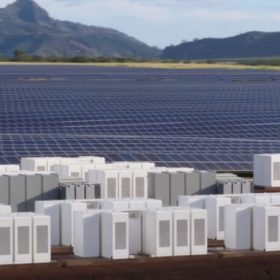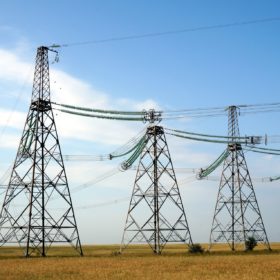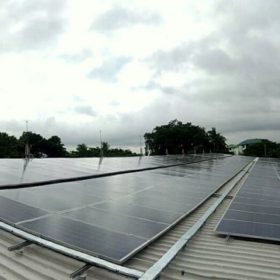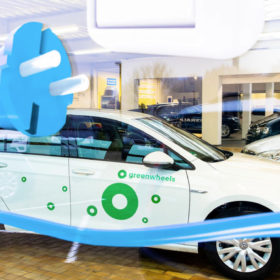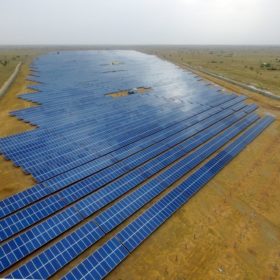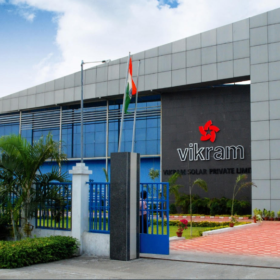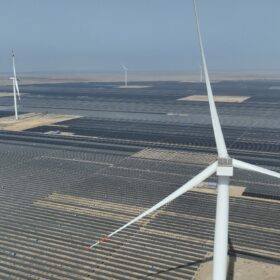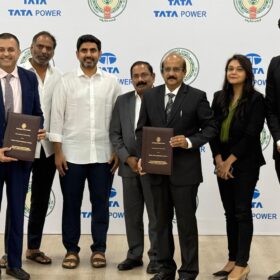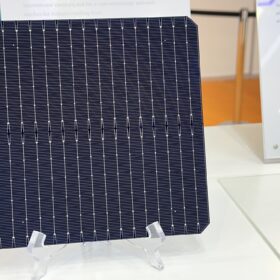The potential of microgrids and storage for India
“The addition of microgrids creates opportunities for developers to penetrate areas which were not previously explored while allowing the government to meet its renewable energy targets,” says Dr Jayashri Ravishankar—senior lecturer at the University of New South Wales (UNSW), Sydney—in an interview with pv magazine.
Aligning infrastructure to accelerate Asia’s energy transition – Black & Veatch interview
Integrated power infrastructure offers an emerging investment opportunity in Asia as the region expands and adapts its energy mix to address sustainability and resilience goals. Narsingh Chaudhary and Mitesh Patel, of engineering, procurement and construction business Black & Veatch, tell pv magazine more.
IIT Kanpur invites EoI for solar-plus-storage smart grid pilots
A total of three smart grid field pilots are to be set up—two inside the IIT Kanpur campus and one at two village hamlets in Kanpur—under a U.S.-India collaborative project on smart distribution system with storage. The deadline for EoI submission is August 30.
Li-ion battery prices fall to $187/kWh
The benchmark levelized cost of electricity (LCOE) for lithium-ion batteries has fallen to $187 per kilowatt-hour since the first half of 2018. The overwhelming cost improvement is making batteries paired with solar or wind projects challenge coal- and gas-fired generation for grid stability, according to BloombergNEF (BNEF).
Tata Power-DDL to implement smart grid pilot with European backing
Tata Power Delhi Distribution Limited (Tata Power-DDL) has partnered with European firms Enedis, Schneider Electric, Odit-e and VaasaETT to implement a 1MW smart grid pilot in India, which would be insulated from any blackout in the main grid.
BYPL commissions solar microgrids with storage batteries
Power discom BSES Yamuna Power Limited (BYPL) has set up four such microgrids at its offices in East Delhi. These microgrids will combine rooftop solar with lithium-ion-based battery energy storage systems.
The long read: PV’s Polish cold turkey
Considering the remarkable advances made by the solar sector since the Rio ‘Earth Summit’ of 1992, PV was notable by its absence at the Convention of Parties climate change summit held by the UN in Poland.
ABB to install microgrid with energy storage at IIT Roorkee
Setting up of the microgrid with battery energy storage is part of an extended R&D collaboration between ABB and the Indian Institute of Technology, Roorkee to create platforms for research on smart city technology deployment.
Intersolar India: EV program must be accelerated, storage on everyone’s lips
For India to achieve its 2030 dreams of fully electrifying its passenger vehicle market, and growing a leading manufacturing industry, its electric vehicle program must be accelerated. Meanwhile, if Intersolar India 2018 had to nominate the most-repeated word at the event, “storage” would win hands down.
India will auction 80 GW of solar, wind capacity by March 2020
The Indian Government plans to tender 60 GW of solar and 20 GW of wind capacity by March 2020. This would complete the planned auctions for its targets of 100 GW solar and 60 GW wind installations by 2022, leaving two years for project execution, according to an year-end review by the Ministry of New and Renewable Energy (MNRE).
